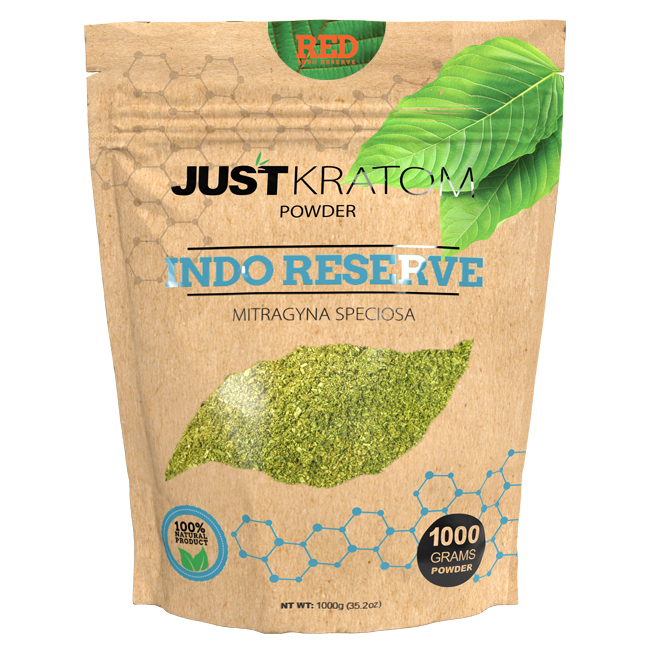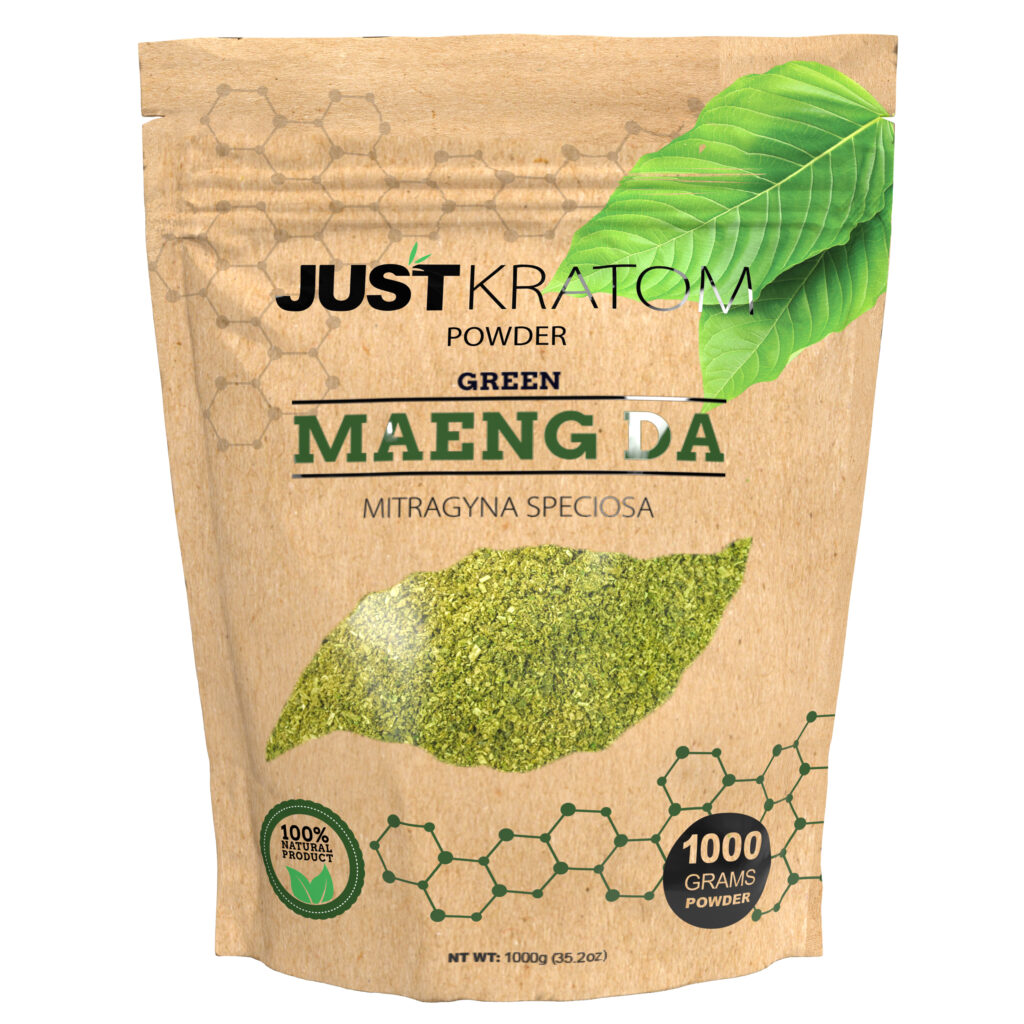Understanding Kratom’s Potential Side Effects
Kratom, derived from the Mitragyna speciosa tree, has gained popularity for its potential mood-boosting and pain-relieving properties. However, like any substance, kratom can have side effects if not used responsibly. Understanding these potential adverse reactions is crucial for anyone considering incorporating kratom into their wellness routine.
Common Side Effects
Kratom’s effects vary depending on the dosage and individual sensitivity. Common side effects at lower doses may include nausea, dizziness, and increased energy. Higher doses can lead to more serious adverse reactions such as constipation, vomiting, and anxiety.
Long-term kratom use can potentially result in tolerance, dependence, and withdrawal symptoms when use is stopped abruptly.
Severe Side Effects
Kratom’s potential side effects can range from mild to severe, depending on the dose and individual sensitivity. It’s important to start with a low dose and gradually increase it as needed, always paying attention to your body’s response.
Some common side effects at lower doses may include nausea, dizziness, dry mouth, itching, increased heart rate, sweating, and insomnia. Higher doses can lead to more serious adverse reactions such as constipation, vomiting, seizures, respiratory depression, and even death in rare cases.
Long-term kratom use can result in tolerance, dependence, and withdrawal symptoms. Withdrawal symptoms can be severe and include muscle aches, anxiety, diarrhea, sweating, and irritability.

Minimizing Risks Through Proper Usage
Minimizing risks associated with kratom powder usage is paramount for anyone considering its incorporation into their health regimen. Understanding potential side effects and employing responsible consumption practices are crucial for mitigating adverse reactions. By adhering to recommended dosages, monitoring individual responses, and recognizing signs of dependence, users can strive to enjoy the potential benefits of kratom while safeguarding their well-being.
Dosage and Frequency
Minimizing risks associated with kratom powder usage is paramount for anyone considering its incorporation into their health regimen. Understanding potential side effects and employing responsible consumption practices are crucial for mitigating adverse reactions.
One of the most important factors in minimizing risks is starting with a low dose and gradually increasing it as needed. It’s essential to pay close attention to your body’s response and adjust accordingly.
Another key aspect is adhering to recommended dosages. Overconsumption can significantly increase the risk of experiencing severe side effects.
Frequency of use also plays a role in minimizing risks. Using kratom too frequently can lead to tolerance, dependence, and withdrawal symptoms. It’s important to establish a pattern of use that suits your individual needs while avoiding excessive consumption.
By carefully considering dosage, frequency, and monitoring personal responses, individuals can strive to experience the potential benefits of kratom while minimizing the risks associated with its use.
Preparation Methods
Proper usage and preparation methods are crucial for minimizing risks associated with kratom powder. Starting with a low dose and gradually increasing it as needed allows individuals to gauge their body’s response and avoid overwhelming their system.
Adhering to recommended dosages is equally important. Overconsumption can lead to an increased risk of experiencing severe side effects.
Frequency of use should also be carefully considered. Using kratom too frequently can contribute to tolerance, dependence, and withdrawal symptoms. Establishing a balanced pattern of use that aligns with individual needs helps minimize these risks.
Furthermore, ensuring the purity and quality of kratom powder is essential. Opting for reputable sources and conducting visual inspections can help prevent potential contamination or adulteration.
Quality Control of Kratom Products
Minimizing risks associated with kratom powder usage begins with responsible consumption practices. Starting with a low dose and gradually increasing it as needed allows individuals to assess their tolerance and avoid adverse reactions. It’s crucial to pay attention to your body’s response and adjust the dosage accordingly.

Adhering to recommended dosages is vital for mitigating risks. Overconsumption can lead to severe side effects, including respiratory depression and death in extreme cases.
Frequency of use also plays a significant role. Using kratom too frequently can contribute to tolerance, dependence, and withdrawal symptoms. Establishing a balanced pattern of use that suits your needs helps minimize these risks.
Ensuring the quality and purity of the kratom powder is paramount. Opting for reputable sources, inspecting the product visually for any signs of contamination, and considering third-party lab testing can help ensure you are consuming a safe and authentic product.
Supporting Your Well-being During Use
Understanding how to properly use kratom is essential for minimizing potential side effects and ensuring a positive experience.
Hydration and Nutrition
Maintaining your well-being while using kratom involves prioritizing hydration and nutrition. Proper hydration helps support your body’s overall function and can help mitigate some of the potential side effects associated with kratom, such as constipation.
Focus on consuming plenty of water throughout the day, especially when using kratom.
Nutrition also plays a crucial role. A balanced diet provides essential nutrients that support your health and can help your body process kratom more effectively.
Ensure you’re consuming a variety of fruits, vegetables, whole grains, and lean proteins to nourish your body.
Sleep Hygiene
Sleep hygiene is crucial for overall well-being, especially when using substances like kratom that can affect sleep patterns. Establishing a regular sleep schedule, even on weekends, helps regulate your body’s natural sleep-wake cycle.
Create a relaxing bedtime routine to signal to your body that it’s time to wind down. This could include taking a warm bath, reading a book, or listening to calming music.
Make sure your bedroom is dark, quiet, and cool to promote optimal sleep conditions. Avoid using electronic devices before bed as the blue light emitted from screens can interfere with melatonin production, a hormone that regulates sleep.
Mental Health Considerations
Supporting your well-being during kratom use involves taking proactive steps to minimize potential risks and promote overall health.
Prioritizing hydration is essential when using kratom, as it can have diuretic effects. Ensure you are consuming plenty of water throughout the day.
Maintaining a balanced diet rich in fruits, vegetables, whole grains, and lean proteins provides your body with the nutrients it needs to process kratom effectively and support overall health.
Adequate sleep is crucial for physical and mental well-being. Aim for 7-9 hours of quality sleep per night to allow your body to rest and recover.
Engage in regular physical activity to improve circulation, boost mood, and enhance overall health.
If you experience any adverse effects or concerns while using kratom, consult with a healthcare professional for guidance.
When to Seek Professional Help
When experiencing persistent or concerning symptoms related to kratom use, seeking professional help is crucial. Healthcare providers can assess your situation, offer appropriate advice, and provide support in managing potential side effects or dependence issues.
Unusual Symptoms
It’s important to seek professional help when experiencing unusual symptoms, especially if they are persistent, severe, or interfere with your daily life.
Unusual symptoms can indicate a variety of underlying medical conditions that require proper diagnosis and treatment.
If you’re concerned about any unusual symptoms, don’t hesitate to consult a doctor or other healthcare professional for guidance.
Worsening Conditions
When considering kratom use, it is important to be aware of the potential side effects and take steps to minimize risks. However, if you experience worsening conditions or new, concerning symptoms while using kratom, seeking professional help is essential.
This includes situations where side effects intensify, become persistent, or interfere with your daily life. If you notice unusual symptoms, such as severe headaches, chest pain, difficulty breathing, or changes in mood that are out of character, it’s crucial to consult a healthcare professional promptly.
Healthcare providers can assess your situation, identify potential causes, and recommend appropriate treatment options. They can also help manage withdrawal symptoms if needed and provide guidance on safe and responsible kratom use.
Interactions with Medications
When considering the use of kratom, it’s crucial to be aware of its potential side effects and to understand that interactions with certain medications can occur.
It’s important to consult with a healthcare professional before using kratom, especially if you are taking any medications.
Kratom may interact with opioid pain relievers, antidepressants, blood thinners, and other substances.
These interactions can lead to serious health consequences, such as increased sedation, respiratory depression, or bleeding.
Open communication with your doctor about all medications and supplements you are taking is essential for ensuring safe kratom use.
If you experience any unusual side effects or concerns while using kratom, seek professional medical advice promptly.
Order Kratom Powder today at Just Kratom
- How To Use Kratom Capsules For Opiate Withdrawal Support - September 19, 2025
- How To Stop Swelling From Lip Filler - September 18, 2025
- How To Make Kratom Tea With Powder: A Simple Guide - September 10, 2025
